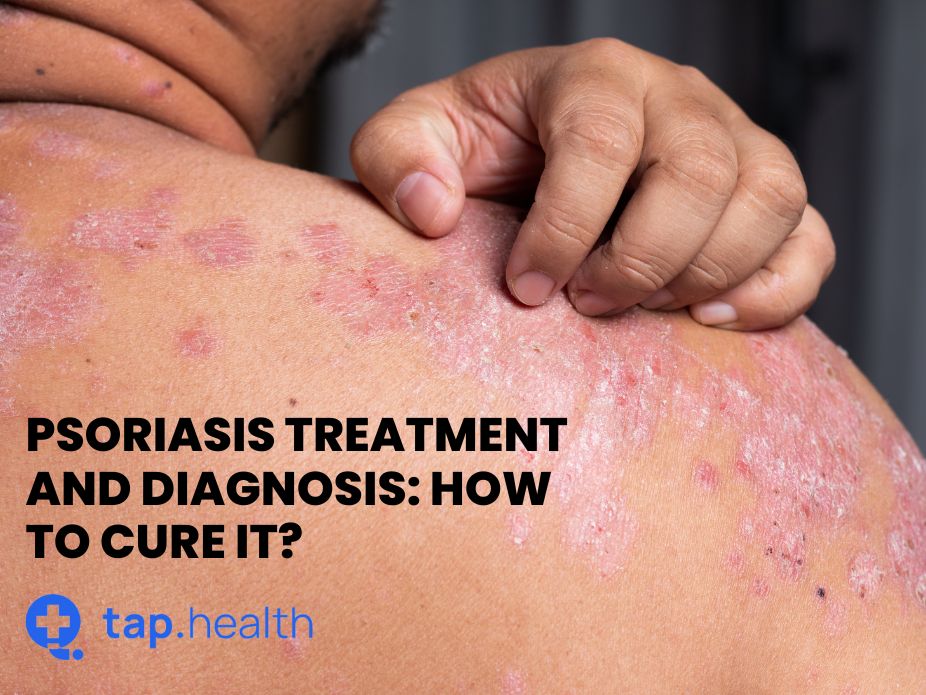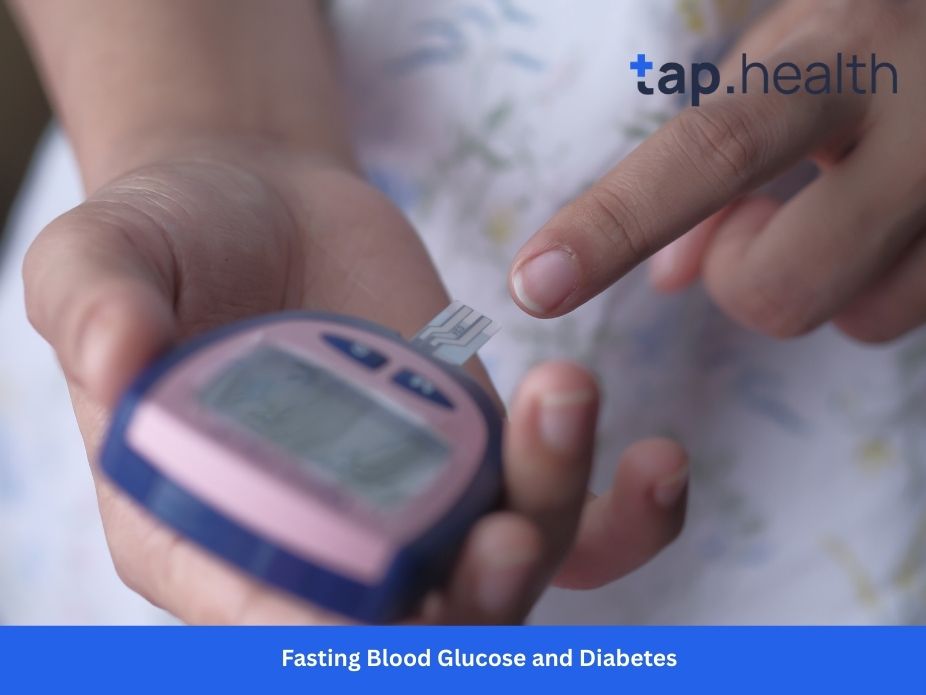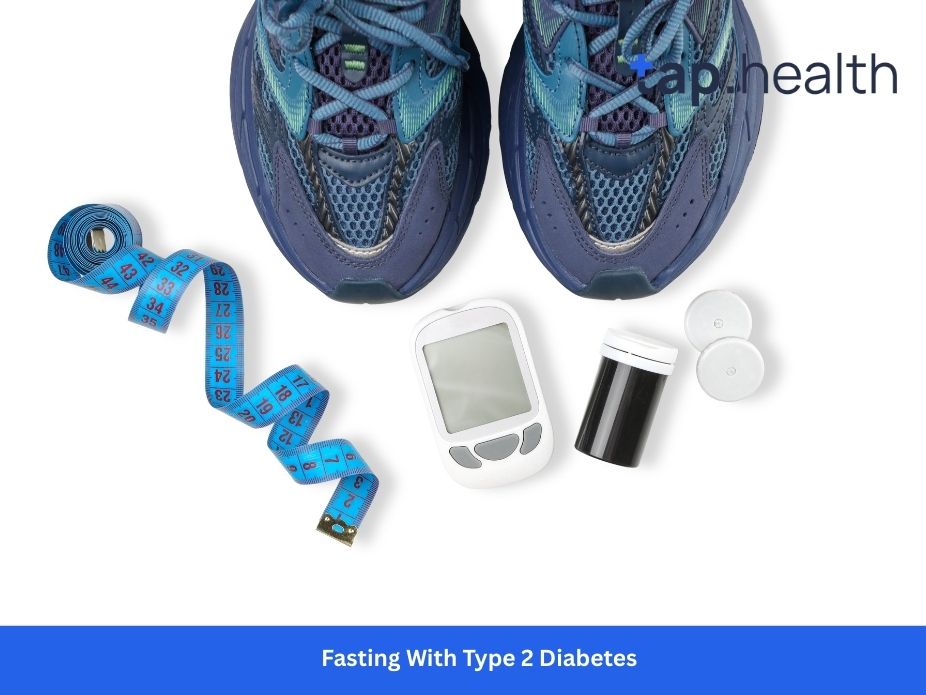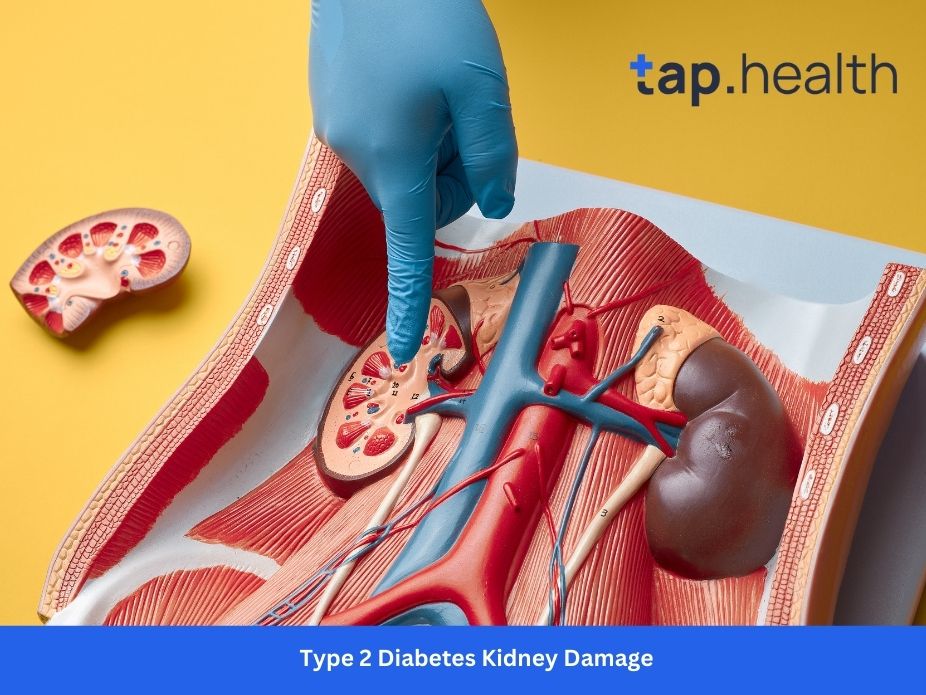Psoriasis is a common skin condition that affects millions of people worldwide. Understanding how to diagnose and treat psoriasis can make a significant difference in managing this chronic disease. In this blog post, we will explore the different aspects of psoriasis, including its treatments and diagnosis methods.
What is Psoriasis?
Psoriasis is a chronic skin condition that speeds up the life cycle of skin cells, causing them to build up rapidly on the surface of the skin. These extra skin cells form scales and red patches that can be itchy and sometimes painful. Psoriasis is thought to be related to an immune system problem with T cells and other white blood cells, called neutrophils, in your body. When these cells mistakenly attack healthy skin cells, it causes the skin cell production process to go into overdrive.
Psoriasis can appear anywhere on the body but is most commonly found on the scalp, elbows, knees, and lower back. The severity of psoriasis varies from person to person, ranging from a few spots of dandruff-like scaling to major eruptions covering large areas.
Psoriasis Treatment
Treating psoriasis is crucial for improving the quality of life for those affected. There are several treatment options available, and what works for one person may not work for another. Here are the main categories of psoriasis treatments:
Topical Treatments for Psoriasis
Topical treatments are often the first line of defense in managing mild to moderate psoriasis. These treatments are applied directly to the skin and can help reduce inflammation, slow down skin cell production, and soothe the skin.
- Corticosteroids: These are the most frequently prescribed medicines for treating mild to moderate psoriasis. They work by reducing inflammation and slowing down the production of skin cells.
- Vitamin D Analogues: Synthetic forms of vitamin D, such as calcipotriene (Dovonex), slow down the growth of skin cells.
- Topical Retinoids: Derived from vitamin A, retinoids can help normalize DNA activity in skin cells and decrease inflammation.
- Calcineurin Inhibitors: These medications reduce inflammation and plaque buildup. They’re especially useful in areas where the skin is thin, such as around the eyes.
Phototherapy for Psoriasis
Phototherapy, or light therapy, involves exposing the skin to controlled amounts of natural or artificial ultraviolet light. This treatment is typically used for moderate to severe psoriasis.
- UVB Phototherapy: Ultraviolet B (UVB) light penetrates the skin and slows the growth of affected skin cells.
- PUVA: This treatment combines UVA light with a photosensitizing drug called psoralen to make the skin more receptive to the light therapy.
- Excimer Laser: This laser treatment directs a high-intensity beam of UVB light at the psoriasis plaques without affecting the surrounding healthy skin.
Systemic Treatments
Systemic treatments work throughout the entire body and are usually reserved for severe cases of psoriasis that do not respond to topical treatments or phototherapy. They can be taken orally or by injection.
- Methotrexate: This drug suppresses the immune system and slows down the production of skin cells.
- Cyclosporine: Similar to methotrexate, cyclosporine also suppresses the immune system but is usually only used for short periods due to potential side effects.
- Acitretin: A retinoid taken orally, acitretin can help normalize skin cell production and reduce inflammation.
Systemic Biologic Treatments
Biologics are a newer class of systemic treatment that target specific parts of the immune system. They are often prescribed for moderate to severe psoriasis.
- TNF-alpha Inhibitors: Drugs like etanercept (Enbrel) and adalimumab (Humira) block a specific protein called tumor necrosis factor-alpha (TNF-alpha) that contributes to inflammation.
- IL-12/23 Inhibitors: Ustekinumab (Stelara) targets interleukin-12 and interleukin-23, proteins that play a role in the immune response.
- IL-17 Inhibitors: Secukinumab (Cosentyx) and ixekizumab (Taltz) target interleukin-17, another protein involved in the inflammatory process.
Oral or Injected Medications
Oral and injected medications are used when other treatments have not been effective.
- Apremilast (Otezla): This oral medication helps reduce inflammation by inhibiting an enzyme called phosphodiesterase 4.
- Tofacitinib (Xeljanz): Though primarily used for arthritis, tofacitinib has shown effectiveness in treating psoriasis by interfering with pathways in the immune system.
Also Read: Psoriasis Treatment in Ayurveda
Natural Psoriasis Treatments
While conventional treatments are effective, some people seek natural remedies to manage their psoriasis. These treatments may include lifestyle changes, dietary adjustments, and the use of natural products.
- Diet: Eating a balanced diet rich in anti-inflammatory foods like fruits, vegetables, and omega-3 fatty acids can help manage symptoms.
- Moisturizers: Regular use of moisturizers can help keep the skin hydrated and reduce scaling.
- Aloe Vera: This plant extract is known for its soothing properties and can help reduce redness and scaling.
- Apple Cider Vinegar: Some people find that applying diluted apple cider vinegar can help relieve scalp itch.
- Oats: Oatmeal baths can help soothe itchy and inflamed skin.
Psoriasis Diagnosis
Diagnosing psoriasis typically involves a physical examination and a review of the patient’s medical history. In some cases, additional tests may be required to confirm the diagnosis.
- Physical Examination: A doctor will examine the skin, scalp, and nails for signs of psoriasis. They may also ask about family history, as psoriasis can be hereditary.
- Biopsy: If the diagnosis is uncertain, a small sample of skin (biopsy) may be taken and examined under a microscope.
- Blood Tests: These are not usually necessary for diagnosing psoriasis but may be done to rule out other conditions with similar symptoms.
FAQ on Psoriasis Treatment and Diagnosis
1: Can psoriasis be cured?
A: There is no cure for psoriasis, but it can be managed effectively with the right treatment plan. Many people achieve significant improvement and even remission of symptoms.
2: Are there any lifestyle changes that can help with psoriasis?
A: Yes, maintaining a healthy diet, managing stress, avoiding triggers, and keeping the skin moisturized can all help manage psoriasis symptoms.
3: Can children get psoriasis?
A: Yes, psoriasis can occur at any age, including in children. Pediatric psoriasis often requires special treatment considerations.
4: How long does it take to see results from psoriasis treatments?
A: The time it takes to see results varies depending on the treatment and the individual. Some people may see improvement within a few weeks, while others may take longer.
5: Are there any side effects of psoriasis treatments?
A: Yes, some treatments can have side effects. It’s important to discuss these with your doctor and weigh the benefits and risks of each treatment option.
6: Can diet affect psoriasis?
A: While diet alone cannot cure psoriasis, certain foods may help reduce inflammation and improve symptoms. A balanced diet rich in fruits, vegetables, and omega-3 fatty acids is generally beneficial.
7: Is psoriasis contagious?
A: No, psoriasis is not contagious. You cannot catch it from or spread it to another person.



